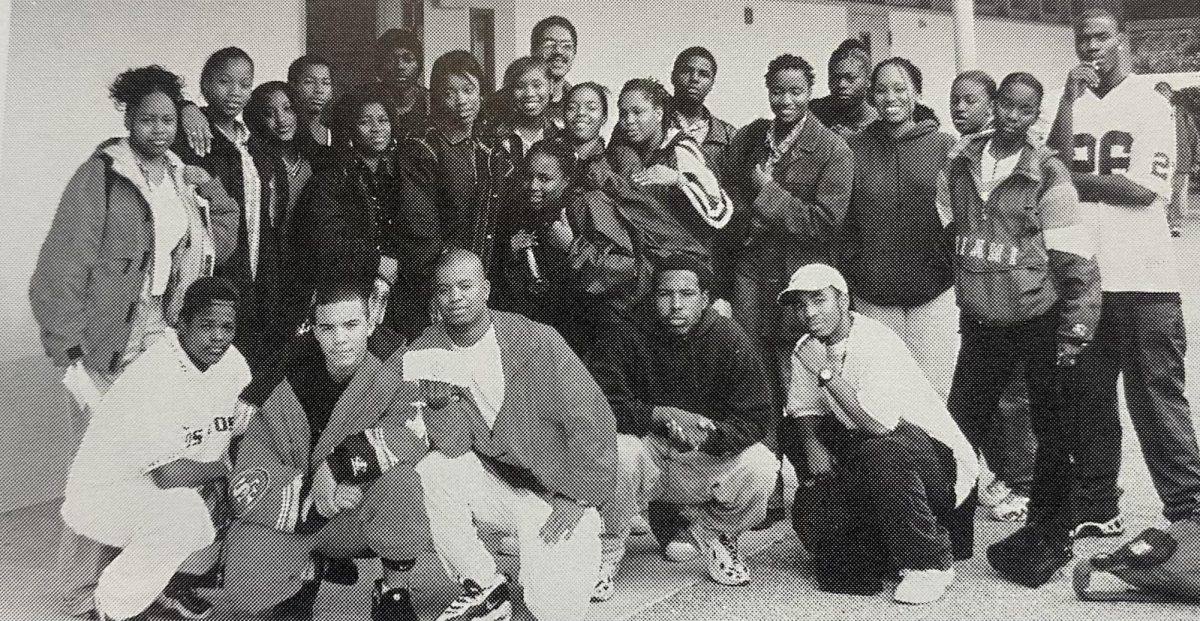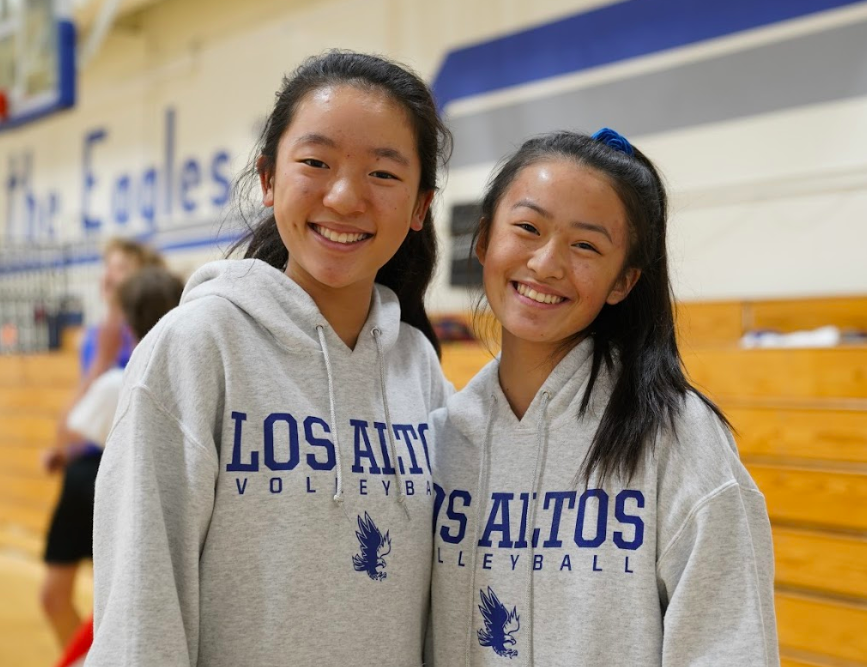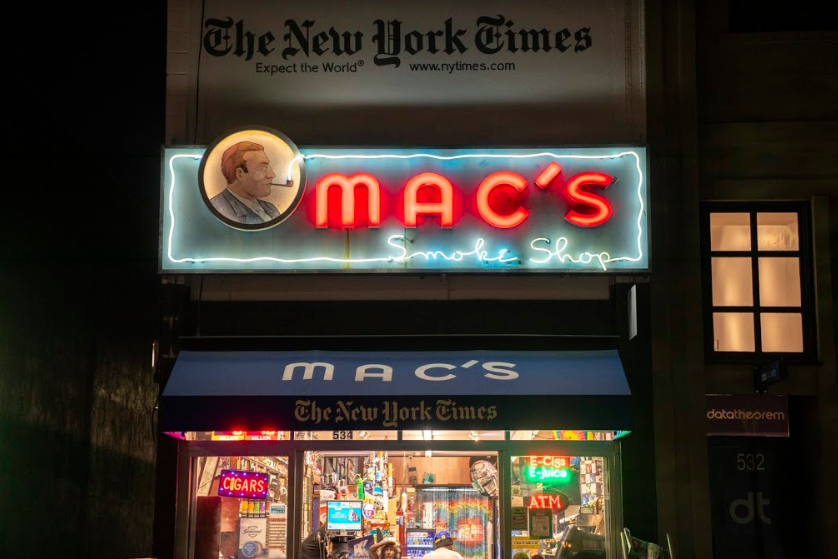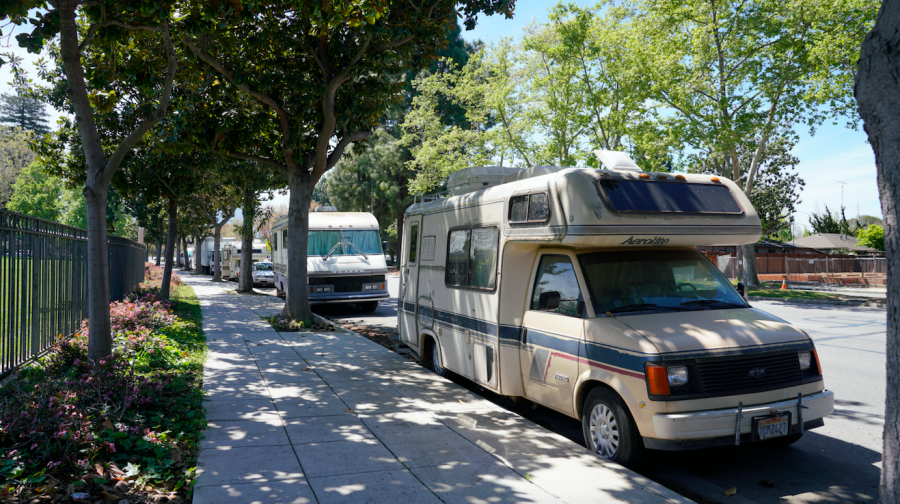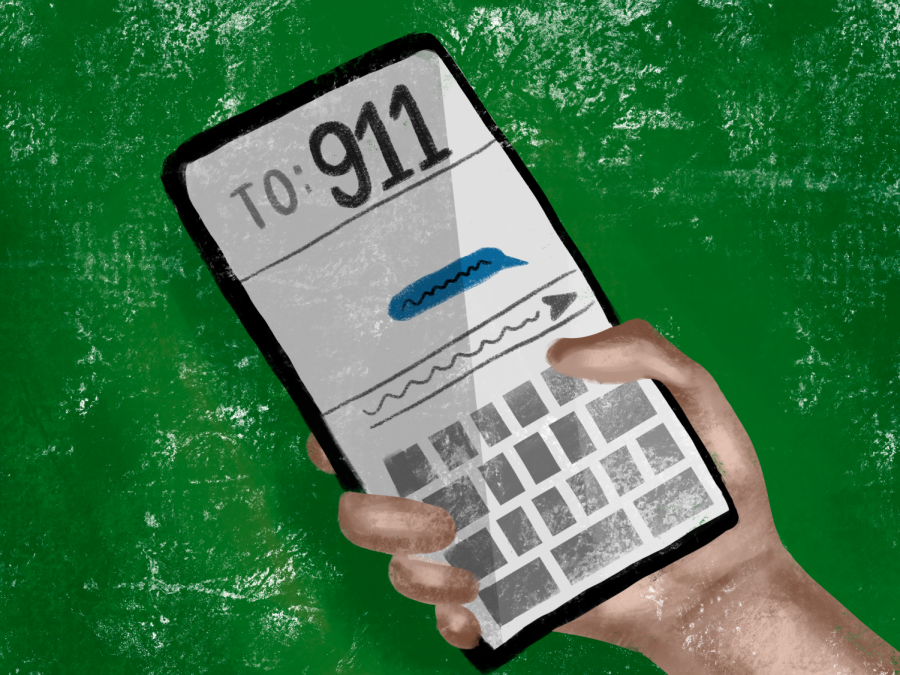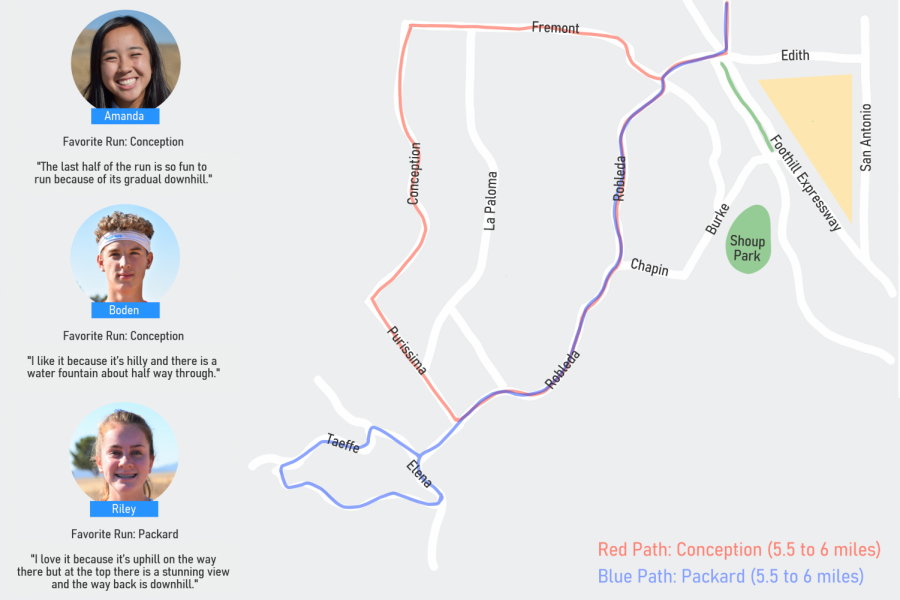Long distance relationships are never easy, whether that means living far from your family or leaving your boyfriend for college six hours away. However, when a loved one is deployed to another part of the world, the idea of long distance relationships gets taken to another level.
For many, the deployment of a loved one in the armed forces not only causes them to deal with physical distance but also emotional. Sophomore Gino Vega moves every three years due to his father’s duties in the Coast Guard, inhibiting his opportunities to make long-lasting friendships and stay in contact with his extended family. However, his father’s service has also brought unity to his immediate family.
“That’s the only connection you can make–your mom, or your dad, or your siblings. Because you can’t see your uncle. You can’t see your [cousins],” Gino said. “[My family] never had fights because we were the only [people] we had.”
According to Time, 47% of all army personnel have children, with similar statistics for the Navy and Air Force. Deployment can cause the strengthening of some relationships and the weakening of others even for those who remain at home. With her father’s deployment, senior Emily Webb saw the improvement of her relationship with her brother. However, her father’s deployment also distanced her relationship with her father.
“With my dad gone it definitely brought [my brother and me] closer,” Emily said. “[My father] definitely missed out on me and my younger brother growing up. It definitely had a big effect on me in knowing that I had to go home and not have a dad when all the other kids did.”
Senior Micheal Alexander’s mother’s military career did not bring distance between them, but rather offered Micheal a new perspective into his mother’s lifestyle.
“It was interesting to see her have to be really formal with everyone and lay down the law [at work],” Micheal said. “When I saw her she was warm and loving like a mom. It was interesting to see that transition.”
The challenges of feeling close to those who are deployed often stems from the difficulty of keeping in touch. For those with deployed family members, keeping in touch is made challenging by limited access to phones and internet connection. Sophomore Daniel Rappoport’s family experienced this obstacle with his brother’s leave for the Marines.
“He’s online on facebook like once a month, whenever he gets internet, but it’s very rare. He sometimes sends emails but it takes a while,” Daniel said.
This limited contact was particularly stressful when his brother first left for bootcamp, known to be particularly challenging for recruits.
“My mom was always worrying and waiting for the letters,” Daniel added.
English teacher Arantxa Arriada regularly kept in touch with her then-boyfriend Eli Brown during his thirteen month deployment through email and instant messaging. Arriada and Eli married after the end of his deployment.
“The whole time he was deployed we only talked on the phone three times because he just didn’t really have access to phones at all,” Arriada said.
As Arriada and Eli had been long distance even before his deployment, the challenge stemmed not from the limited contact, but also from the fears that come with war.
“I was used to not seeing him everyday,” Arriada said. “The difference was just kind of always that worry. I mean everyday you just kind of had that little fear, [but] if I heard from him I would feel better.”
Military life does not necessarily entail separation by deployment–for some, it brings life on a military base. Students who lived at Moffett Field, a currently inactive military base in Mountain View, experienced daily life in a manner not much different from their peers.
“Since I was young, it was just go to school, come back, go through all the procedures and tell [the guards] why you’re here and get into base and then chill,” Micheal said.
Being raised by members of the armed forces also has an impact on students’ desire to enlist.
“I’m really interested in pharmaceuticals and I thought ‘what would that be like if I worked in the air force as a pharmacist?’” Micheal said. “I think it’s important to have a job that actually makes a difference in the world and [my parents] both served and made a difference to our country, so I feel like I should too.”



